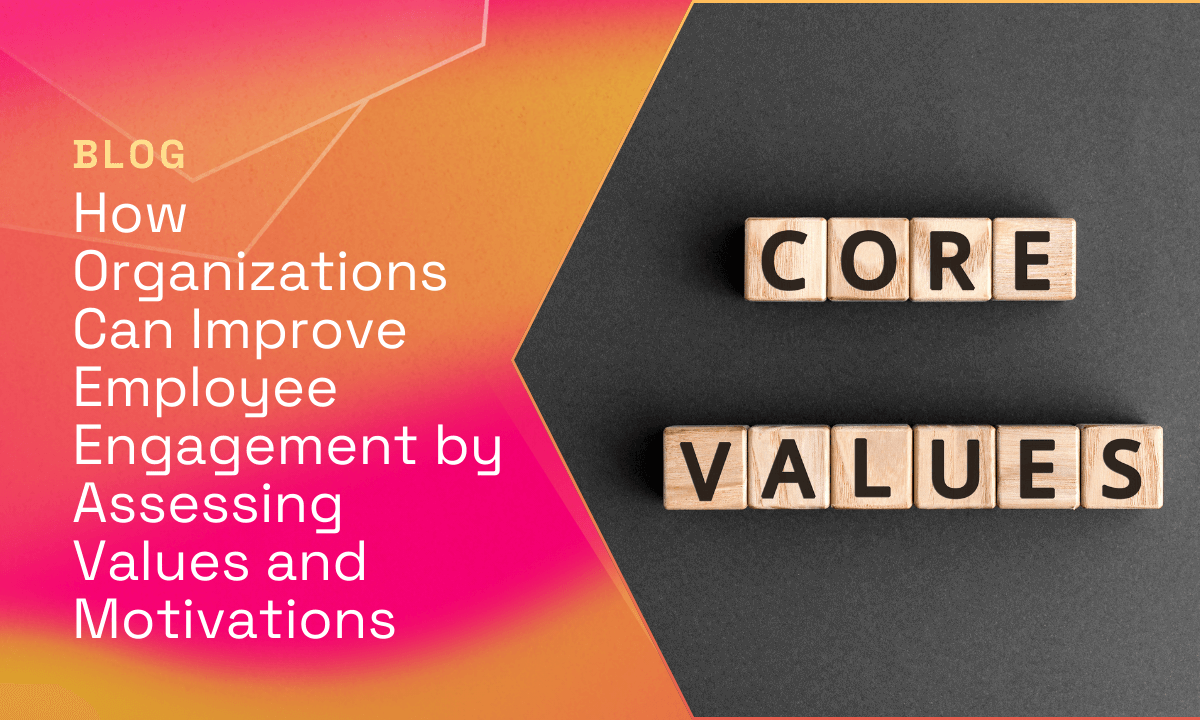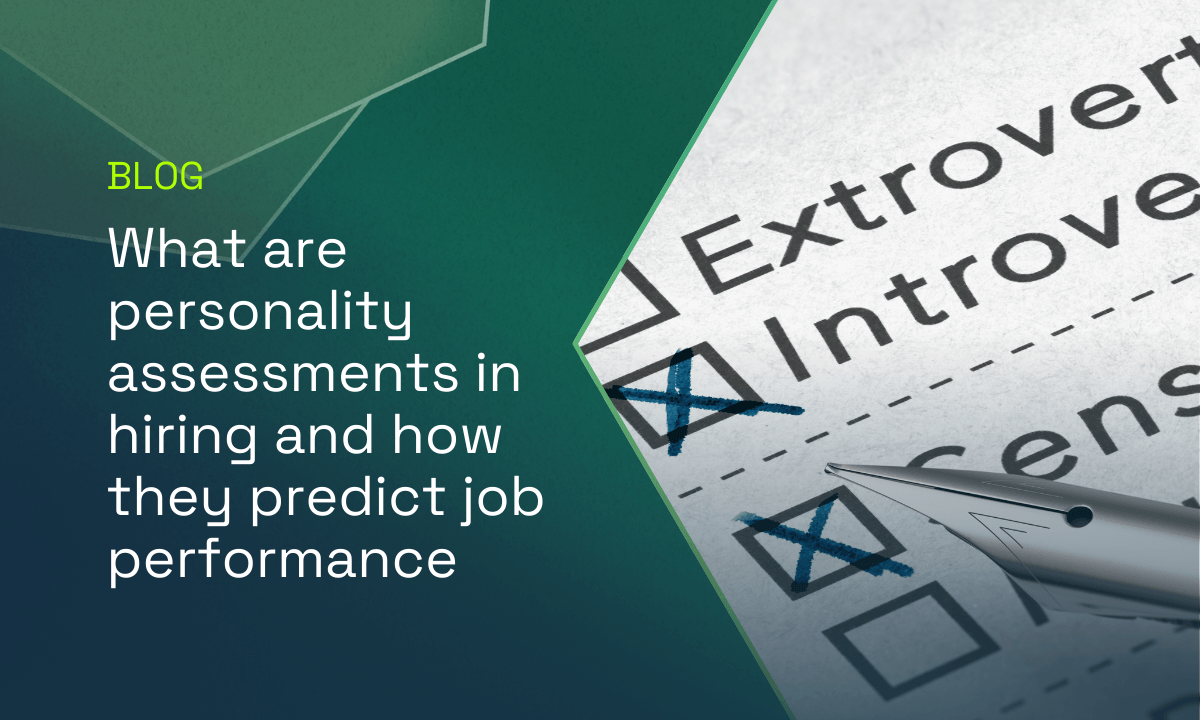Unlock cohesive relationships with your team
Is it possible to collaborate with people about whom you know nothing at all? Well of course – consider the way that strangers will spontaneously cooperate to help someone with a flat tire. Or leap into any online gaming environment and join up for a mission with people whose identities you may never know.
But the evidence is clear — building bonds between team members leads to better performance of the team. One of the best places to see that is in sports – and sure enough, a study of the Israeli national league showed that the more players shared warm feelings and a sense of camaraderie with each other, the more likely they were to win.
This maxim holds true across a wide variety of sports and cultures, even when controlling for age and gender. Team effectiveness starts with good social relations, which lets the team learn to cooperate and think together, resulting in better performance.
Seen from the other angle, infighting and discord are clearly not going to help the team perform better!
So how do you build cohesion. Here are 5 evidence-based approaches to deepen relationships and build connection.
- Ensure that everyone on the team is introduced to everyone else in a respectful manner – assuming ‘people will get to know each other’ is a hope, not a plan.
- As an exercise, build the shared history of the group: ask people to describe the journey they have taken to arrive in this place, with these people and this team.
- Social cohesion grows hand in hand with having a task or mission. Regularly refresh the goals and mission of the team in the short and longer term.
- Develop team rituals and identifiers. We aren’t saying wear uniforms, but symbols of in-group belonging build shared identity.
- Foster interactions between everyone. Eating together and socializing emphasize the connectedness of the group. Breaking bread together is an ancient human tradition – enjoy!





























